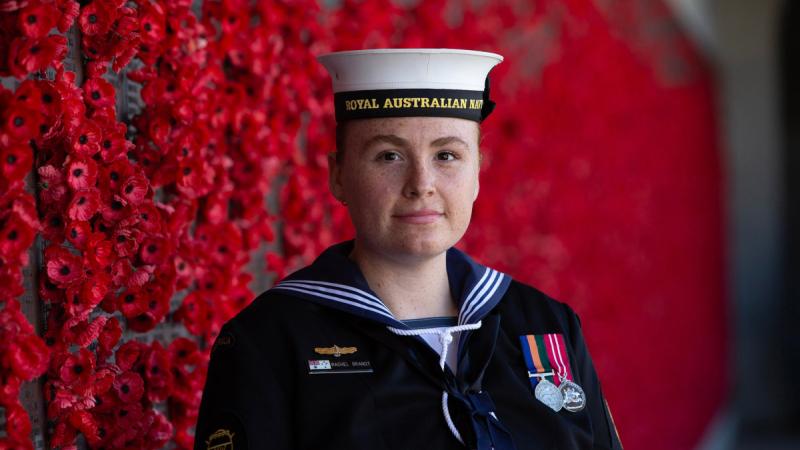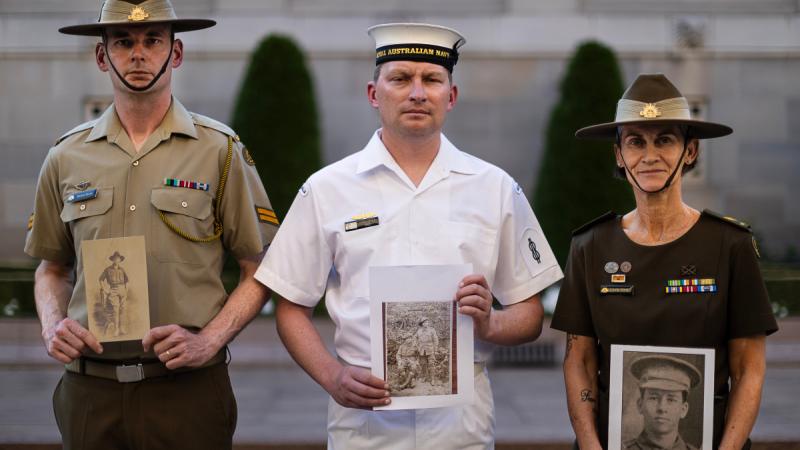On the 80th anniversary of the bombing of Darwin this Saturday, 19 February, the Larrakia people of Darwin have invited the collective community to a Bombing of Darwin Remembrance and Reconciliation event to share stories about the contribution their people made to the war effort.
“It was devastating for the local Aboriginal community; their land had already been taken from them, and with the bombs it was being destroyed”, says Larrakia elder Christine Fejo-King.
“We want the wider community to know how Indigenous and non-Indigenous people fought side-by-side to protect our country, and to remember together and embrace reconciliation. We can do this by sharing stories and acknowledging what happened.”
Ms Fejo-King says the Larrakia people were traumatised by the events on that day.
Her grandfathers, Juma Fejo and his brother Samuel were in active service at Darwin Harbour.
Juma was a corporal cook on Larrakia Hill, and Samuel was a gunner on the wharf.
“As soon as the bombs started to fall, Juma ran down to the wharf and found Samuel just as his ammunition ran out.
“Together they began to swim through the muck and fire to rescue whoever they could.
“When they could find no-one else alive, they started to pull dead bodies out of the water and line them up on a small stretch of sandy beach.
“They both had nightmares of blood, gore, oil and fire, in the years that followed the Darwin attacks.
“For the people who were here during the attacks on Darwin, it didn’t matter who they were, or what their background was, they were all connected – by death, fear and hope, and their descendants are still connected today”.
The Bombing of Darwin Remembrance and Reconciliation event is being held on the Darwin Esplanade on 19 February 2022, between 1:30 – 3pm.
“Stories will be shared from both the descendants of Aboriginal and non-Aboriginal service personnel. In particular, a message of apology from an old Japanese man from Himeji to a Larrakia Traditional Owner, will be shared.”
Throughout 1942 and 1943, Darwin would be bombed 64 times, leaving at least 235 people dead, 400 wounded, 30 aircraft destroyed, 11 ships sunk, and a town in ruins.
American and Japanese aircraft were also in battle over parts of Arnhem Land, and the allied forces relied on Aboriginal people’s bushcraft and tracking skills for search and rescue missions throughout Northern Australia.








